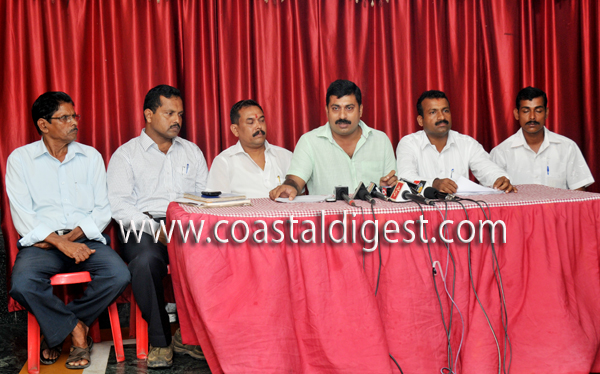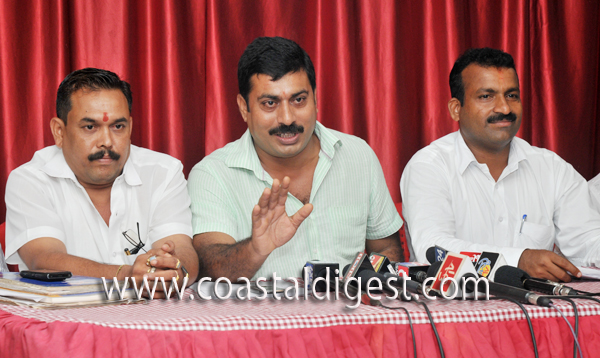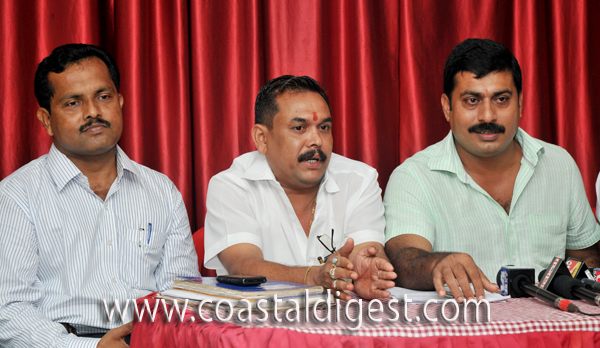Bengaluru, Apr 11: In a significant development, the Karnataka Cabinet on Friday formally accepted the controversial Socio-Economic and Educational Survey, popularly known as the caste census, nearly a decade after it was conducted. The report will be taken up for detailed discussion in a special Cabinet meeting on April 17.
The survey was originally carried out in 2015 by the Karnataka State Commission for Backward Classes under the chairmanship of H. Kantharaj, and finalised in February 2024 by his successor, K. Jayaprakash Hegde. The long-awaited report—comprising 50 volumes of detailed caste- and community-related data—was placed before the Cabinet in a sealed cover, which was opened during Friday’s meeting.
Backward Classes Welfare Minister Shivaraj Tangadagi, while briefing the media, said the report would now be distributed to all Cabinet ministers so they could examine its findings ahead of the April 17 meeting. Though the government did not disclose the contents of the report, it sought to validate the survey’s legitimacy by presenting statistical data.
“As per the 2011 Census, Karnataka’s population was 6.11 crore. By 2015, when the survey was conducted, it had grown to an estimated 6.35 crore. The survey covered 5.98 crore people—a coverage of 94.17 percent,” Tangadagi said.
He added that only 37 lakh people, or 5.83 percent, were left out of the enumeration process.
Highlighting the scale of the operation, the minister said 1.6 lakh government officials participated in the survey. An expert committee was constituted, which developed 54 criteria to guide the data collection. The state government also engaged Bharat Electronics Limited (BEL) to manage the survey data under a ₹43 crore agreement, with the total expenditure reaching ₹165 crore.
Law and Parliamentary Affairs Minister H. K. Patil announced that a special Cabinet session will be held on April 17 to deliberate on the report's contents. When asked about concerns over the completeness of the data, Patil responded, “Even in the national Census, some people are left out. A 94 percent coverage is a very significant achievement.”
The caste census remains a politically sensitive issue in Karnataka. Dominant communities such as the Lingayats and Vokkaligas have questioned the methodology of the 2015 survey, alleging undercounting. In contrast, Other Backward Classes (OBCs) and SC/ST groups have welcomed the report, arguing that it sheds light on social realities long ignored.
The Congress party had pledged to act on the caste census in its manifestos for the 2023 Karnataka Assembly elections and the 2024 Lok Sabha polls. National party leader Rahul Gandhi has also been advocating for a nationwide caste census.
The Cabinet’s acceptance of the report comes just days after Chief Minister Siddaramaiah’s meeting with Rahul Gandhi in New Delhi, and the Congress Working Committee’s session in Ahmedabad.
Six Ministers Skip Cabinet Meeting
At least six ministers were notably absent from Friday’s Cabinet meeting. These included:
S. S. Mallikarjun and Laxmi Hebbalkar (both Lingayats)
M. C. Sudhakar and K. Venkatesh (both Vokkaligas)
R. B. Timmapur (SC)
Madhu Bangarappa (Idiga community)
However, Minister Patil clarified that despite their absence, all ministers have endorsed the Cabinet’s collective decision, regardless of caste or community affiliations.










Comments
Add new comment